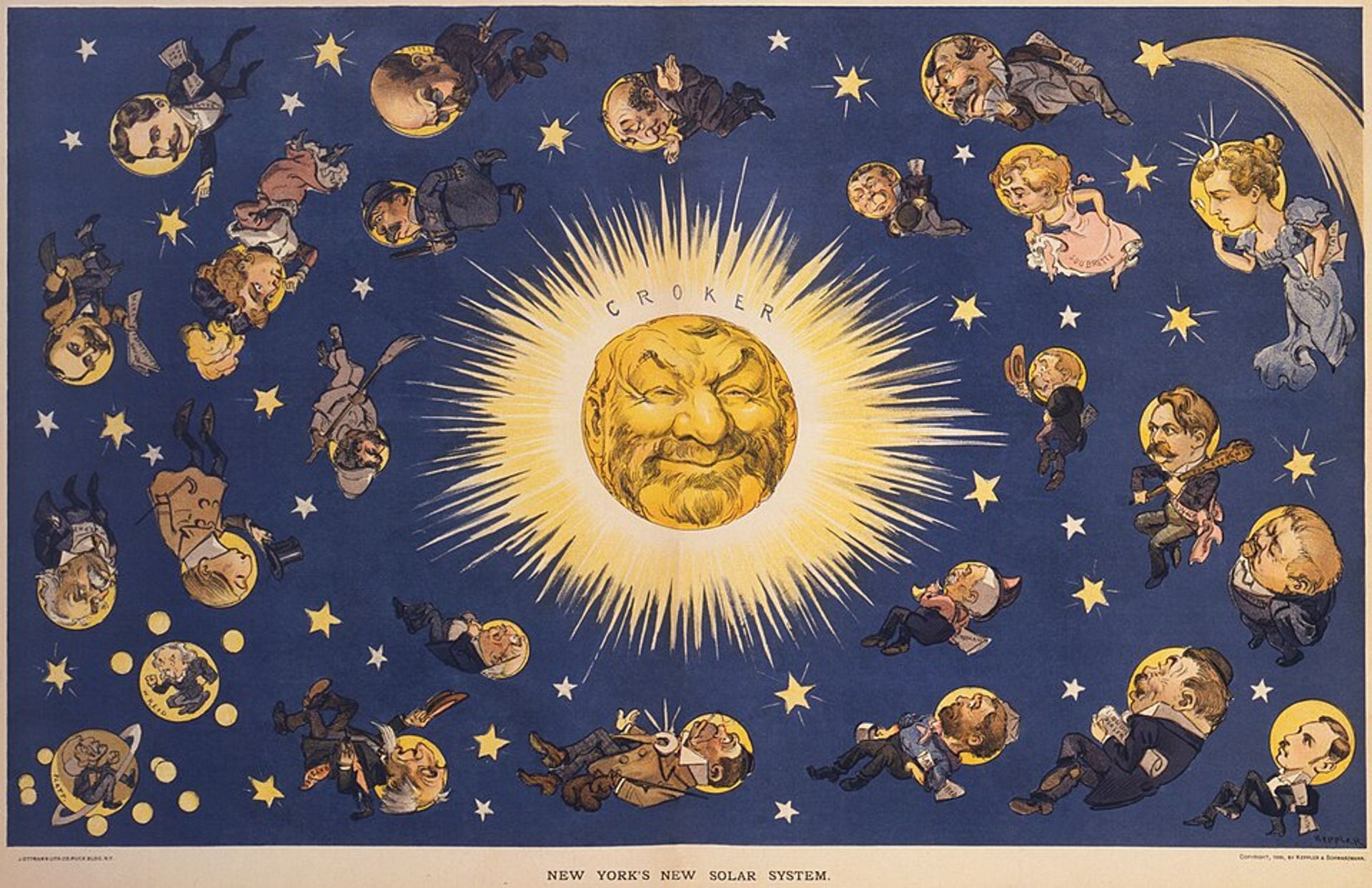
Political machine
What do people say about Political machine?
The perception of political machines is largely negative, especially in the context of recent allegations involving forged signatures in election petitions. These organizations are portrayed as archaic, corrupt entities that undermine electoral integrity through illicit practices. While some argue they are an inevitable aspect of American politics, the reliance on machines for vote procurement is seen as detrimental to genuine democratic engagement. The discussions in various podcasts emphasize how political machines, despite their historical significance, now evoke sentiments of distrust and disdain among the electorate, indicating a shift towards transparency and accountability in political processes.
Where are the conversations happening?
The sources present a stark contrast in discussing political machines. The 'NYC NOW' episode focuses on specific allegations against Mayor Adams, linking him directly to corrupt practices, while 'The Pete Quiñones Show' discusses political parties in a broader context, noting that they operate similarly to corporate entities. 'Bill O’Reilly’s No Spin News' brings a more critical perspective on the implications of political machines within the Democratic Party, suggesting that they perpetuate poor leadership and ineffective governance. The most critical discussions arise in the context of electoral integrity and the implications of machine politics on voter trust.
What are the topics trending around Political machine?
Discussions around electoral integrity, corruption in politics, and the role of political machines in the contemporary electoral landscape are gaining traction, especially with allegations of misconduct surfacing in major city elections.
Why are these topics trending?
These topics are trending due to the increasing public awareness and scrutiny of electoral practices, particularly in light of recent investigations that shed light on potential corruption and unethical behavior by political machines, prompting calls for reform and greater transparency in the electoral process.
How is Political machine being talked about?
Detailed breakdown of public sentiment and conversations about this political party.
Impact vs Sentiment
See how each entity's high impact percentage relates to their positive sentiment percentage from actual mentions.
